JOHANNESBURG, South Africa: Calculations by the University of the Witwatersrand suggest that South Africa’s sugar-sweetened beverages tax, which is underway and proposed for implementation in April 2017, could save the country R10 billion (€560 million) in expenditure related to treating Type 2 diabetes over the next 20 years. The fiscal initiative, which was introduced by Finance Minister Pravin Gordhan in his national budget speech in February, is an effort to help reduce excessive sugar intake and curb obesity in the country.
Although Gordhan said that the sugar tax will be implemented in April next year, he has not yet said how high the levy will be. With the measure, South Africa will follow countries such as Denmark, Finland, France, Hungary, Ireland, Mexico and Norway, which all tax sugar-sweetened drinks already.
“Treasury will need to decide on the tax rate and what qualifies to be taxed,” remarked Aviva Tugendhaft, Deputy Director of PRICELESS SA at the university’s School of Public Health. The research programme is one of 26 representatives of the Public Health Community of South Africa that submitted a letter to treasury endorsing the tax plans in April. “The government may decide to institute a flat rate on all beverages, as has been done in Mexico, or consider taxing the caloric content of the drinks,” she said.
Both financial and health benefits resulting from the levy on beverages with added sugar, including soft drinks, fruit juices, energy drinks and vitamin waters, could be extensive, a 2015 study by Wits University has shown. If the tax is implemented at 20 per cent, Wits researchers calculated savings of R10 billion in costs for hospitalisations and medication related to treating rising cases of Type 2 diabetes. Moreover, the analysts estimated that the tax could prevent obesity in about 280,000 young adults.
South Africa has the highest obesity rate in sub-Saharan Africa. According to figures from the World Health Organization, 26.8 per cent of South Africans were obese in 2014. Just last year, the country’s health department released its national strategy on the prevention and control of the condition. It stated that fiscal measures were the most cost-effective ways to combat rising obesity compared with measures such as food labelling, advertising regulations or media campaigns.
Aside from increasing the risk for obesity, various studies have confirmed the direct relation between the intake of dietary sugars and dental caries. Soft drinks and juices are especially harmful to the teeth, since they tend to be very acidic, which makes the teeth particularly vulnerable to both dental decay and tooth erosion.
JOHANNESBURG, South Africa: In 2018, South Africa introduced a tax on sugar-sweetened beverages (SSBs) based on their respective levels of sugar content ...
SYDNEY, Australia: Researchers from the University of Sydney have revealed that one in seven adolescents are drinking more than two cups of sugar-sweetened ...
BRUSSELS, Belgium: The European Federation of Periodontology (EFP) recently commissioned the Economist Intelligence Unit (EIU), a provider of forecasting ...
CAMBRIDGE, UK: Dental caries is the primary cause of elective hospital admissions among UK children aged 5–9 years, and the disease accounts for nearly ...
DUNEDIN, New Zealand: The debate around sugar and its ill effects on society and how to address this have taken many forms, one of the main measures being ...
HALLE, Germany: According to a joint study conducted by researchers at the Martin Luther University Halle-Wittenberg (MLU) and the Biotechnology Research ...
BRISBANE , Australia: Despite a clear causal link between frequent consumption of sugar-sweetened beverages (SSBs) and dental disease, little is known about...
NEWTOWN, Australia: In a new study carried out by researchers at the George Institute for Global Health, it was found that a significant amount of sugar is ...
LEIPZIG, Germany: A recent expert review has set out evidence-based consensus recommendations to help dental teams in the Middle East and Africa (MEA) ...
Despite the achievement of being the first African country to host the FIFA World Cup, South Africa is a nation with many challenges, such as high rate of ...
JÖNKÖPING, Sweden: When young people are placed in care, child welfare services, healthcare authorities and institutional care providers assume ...
Live webinar
Tue. 9 December 2025
12:30 pm EST (New York)
Live webinar
Tue. 9 December 2025
7:00 pm EST (New York)
Prof. Dr. Wael Att, Dr. Robert A. Levine DDS, FCPP, FISPPS, AOD
Live webinar
Wed. 10 December 2025
10:00 am EST (New York)
Live webinar
Wed. 10 December 2025
12:00 pm EST (New York)
Live webinar
Wed. 10 December 2025
1:00 pm EST (New York)
Live webinar
Wed. 10 December 2025
1:00 pm EST (New York)
Live webinar
Thu. 11 December 2025
3:00 pm EST (New York)



 Austria / Österreich
Austria / Österreich
 Bosnia and Herzegovina / Босна и Херцеговина
Bosnia and Herzegovina / Босна и Херцеговина
 Bulgaria / България
Bulgaria / България
 Croatia / Hrvatska
Croatia / Hrvatska
 Czech Republic & Slovakia / Česká republika & Slovensko
Czech Republic & Slovakia / Česká republika & Slovensko
 France / France
France / France
 Germany / Deutschland
Germany / Deutschland
 Greece / ΕΛΛΑΔΑ
Greece / ΕΛΛΑΔΑ
 Hungary / Hungary
Hungary / Hungary
 Italy / Italia
Italy / Italia
 Netherlands / Nederland
Netherlands / Nederland
 Nordic / Nordic
Nordic / Nordic
 Poland / Polska
Poland / Polska
 Portugal / Portugal
Portugal / Portugal
 Romania & Moldova / România & Moldova
Romania & Moldova / România & Moldova
 Slovenia / Slovenija
Slovenia / Slovenija
 Serbia & Montenegro / Србија и Црна Гора
Serbia & Montenegro / Србија и Црна Гора
 Spain / España
Spain / España
 Switzerland / Schweiz
Switzerland / Schweiz
 Turkey / Türkiye
Turkey / Türkiye
 UK & Ireland / UK & Ireland
UK & Ireland / UK & Ireland
 Brazil / Brasil
Brazil / Brasil
 Canada / Canada
Canada / Canada
 Latin America / Latinoamérica
Latin America / Latinoamérica
 USA / USA
USA / USA
 China / 中国
China / 中国
 India / भारत गणराज्य
India / भारत गणराज्य
 Pakistan / Pākistān
Pakistan / Pākistān
 Vietnam / Việt Nam
Vietnam / Việt Nam
 ASEAN / ASEAN
ASEAN / ASEAN
 Israel / מְדִינַת יִשְׂרָאֵל
Israel / מְדִינַת יִשְׂרָאֵל
 Algeria, Morocco & Tunisia / الجزائر والمغرب وتونس
Algeria, Morocco & Tunisia / الجزائر والمغرب وتونس
 Middle East / Middle East
Middle East / Middle East
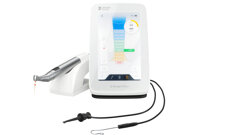
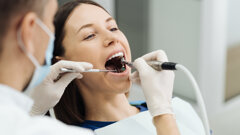
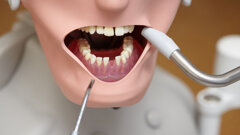



















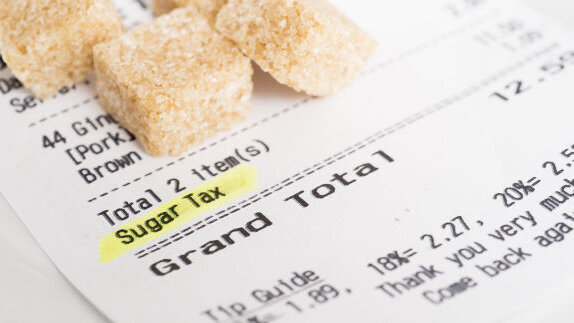



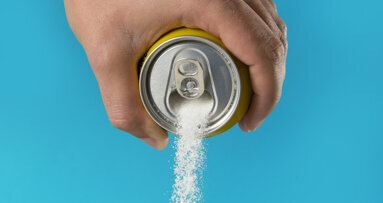


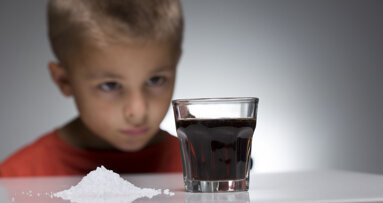
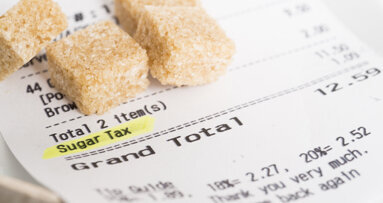
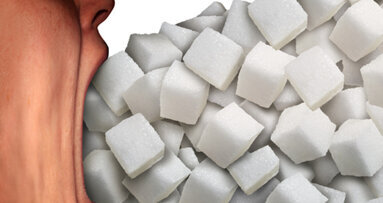
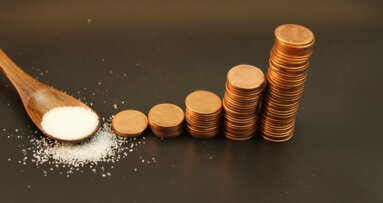
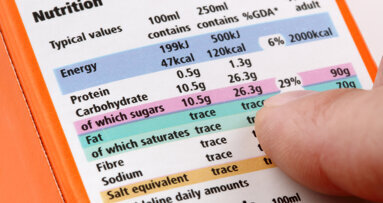

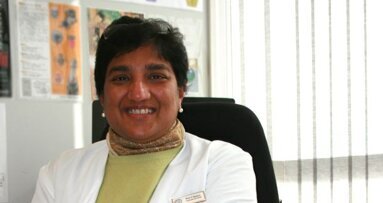












To post a reply please login or register